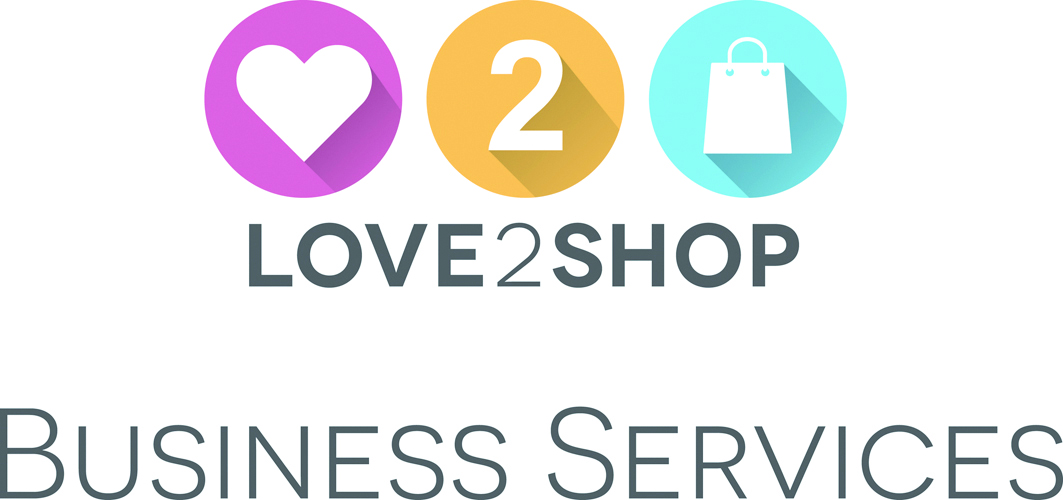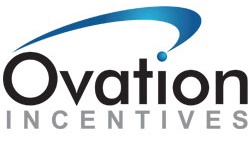To add insult to injury, according to Crunch.co.uk staff are most likely to hand in their notice on 31 January. Just when you think you’re out of the woods of the January job-hunt madness, a valuable member of the team drops the bombshell that they’re moving on.
We’re already coming towards the end of January, so it’s entirely possible that some of your staff have sent out some applications. I have no doubt you hire great people, so they’re likely to get some positive responses. Your approach to recognition and employee appreciation might be the difference between your staff saying yes or no when the new offer comes. Not just in the madness of job-hunt January, but all year round as well.
You can’t spend your way out of trouble
Compensation is always going to be a big factor in keeping staff, but it’s not everything – culture matters more.
In any other aspect of your work if costs kept rising to produce the same outcomes you definitely wouldn’t keep throwing money at the situation. You would look to get to grips with the roots of the problem, and make adjustments for the future.
Employee retention shouldn’t be too different. Rather than trying to pay employees to feel good about their work, just to get the same results, shift the focus to improving your business’ culture. That’s where employee recognition comes in; as a small but extremely important component of creating a company culture your staff will stay for.
React with recognition
Feeling valued and recognised by an employer is fundamental to employee retention.
This is because recognition, when it's led by purpose and values, changes how employees see themselves in the workplace. Recognition puts employees in touch with the value they bring to their work, their colleagues, and their employer. It also creates feelings of security, validation and community.
How employee recognition affects retention
Embracing employee recognition, and making it part of your company culture, helps keep employees on board because it:
- Connects staff to their colleagues
When staff are invested in the teams around them they’re less likely to want to leave. And using strategic recognition gives an individual a clear view of how their work affects their peers, and cements how valuable employees are to their colleagues.
- Validates employees’ efforts
If you want your workers to repeat positive behaviours make sure those actions are recognised and celebrated. Recognising extraordinary achievements is vital to making sure employees know they’re working for a company that notices, and treasures, the times when they go above and beyond in their work.
- Embeds your values
Strategic use of employee recognition should incorporate your company values. When you celebrate achievements and behaviour mention how that success ties back in to your values.
Employees want workplaces that exemplify their personal values. Recognising how employees uphold values in their work puts your values front and centre. In turn, people see that you take your values seriously and lets them become invested in carrying them out at work.
- Makes achievements part of long-term goals
Everyone’s work in your company is part of a wider goal. No-one’s work exists in a vacuum, so it’s worth recognising how their great work is contributing to your company’s wider goals.
An employee feeling a little bit disenfranchised might not find it difficult to walk away from their tasks. However, it’s much harder to walk away from a vital part in something much bigger than themselves, especially if someone is emotionally engaged with the company’s goals.
- Culture makes companies worth sticking around for
You can’t stop employees thinking about a future outside your company, and the new year is such a natural time to do that. Almost everyone likes to reflect on the past and think about their future. You can’t expect to control that.
What you can influence is how your staff see each other, their work, your company and your leadership. Recognition is the ideal tool to build a company culture that your best employees won’t want to tear themselves away from.
Adam Whatling is head of engagement services and product development at Love2shop Business Services













